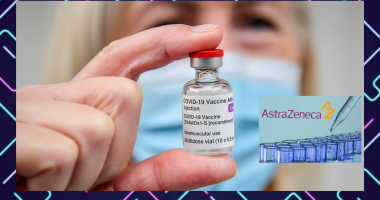Also known as the Haemoglobin A1c, it is a blood test that tells you and your doctor how well your diabetes is managed over time.
The WHO estimates that nearly 30 million people suffer from diabetes world over, and the numbers are likely to double by the year 2030. With this statistic looming over us, it is only prudent to know about one important test that all diabetics should get once every six months HbA1c.
Also read: How to live longer: Improving gut health may boost longevity
Also known as the Haemoglobin A1c, it is a blood test that tells you and your doctor how well your diabetes is managed over time. It is aimed at measuring your average blood sugar levels, and seeing if it has stayed within the required range.
The test works by measuring the amount of glucose that gets attached to your red blood cells. When a glucose molecule gets attached to a red blood cell, the cell is said to be ‘glycated‘. This means that the higher the amount of glucose that gets attached to the cells, the lesser the amount of oxygen the cells can transport to your body and tissues. The average percentage of glycoslated cells directly translates to the HbA1c reading. The test is performed like any other blood test and does not require the patient to fast.
According to our expert Dr. Rajiv Kovil, renowned diabetologist, ‘A diabetic should get his/her HbA1c levels tested every six months, and the level should be below 7% to avoid any further complications.’
Read more about causes, symptoms, diagnosis and treatment of diabetes.
A normal person’s HbA1c level is usually below 5%, but in a diabetic this level is increased because of the amount of glucose in their blood. An average above 7% is an alarm that you are more susceptible to diabetes related complications. Uncontrolled diabetes can raise the risk of you developing eye diseases like diabetic retinopathy by 76%, Kidney disease by 50% and nerve damage by 60%*.
This post first appeared on The Health Site







